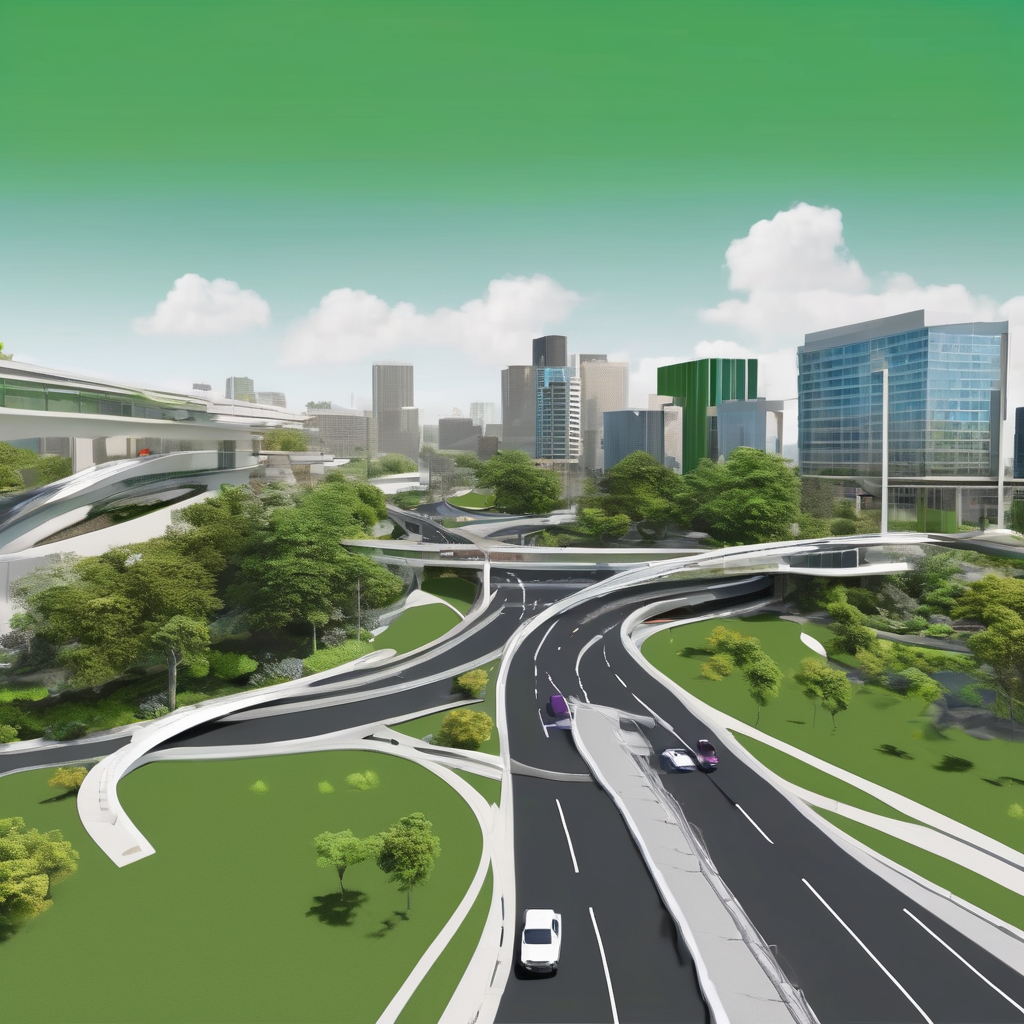A significant infrastructure project is in progress in Labasa town, aimed at improving traffic conditions and enhancing long-term transportation networks. The initiative involves the construction of a southern bypass route, which will feature a new bridge over the Labasa River and four intersections linked to major roads. This development is anticipated to streamline traffic flow and alleviate congestion in the town center, thereby reducing regional travel distances.
With an estimated cost of approximately $50 million, the bypass project is part of a comprehensive transport infrastructure investment supported by the Asian Development Bank and World Bank. This investment also encompasses the design of 40 essential bridges and three jetties, highlighting a commitment to improve connectivity and safety in the region.
Minister for Public Works, Meteorological and Transport, Ro Filipe Tuisawau, announced that temporary access solutions are being set up, including a link between Siberia Road and the new Vulovi bridge, which will facilitate access during construction. These temporary structures, designed with a five-year lifespan, are intended to eventually be upgraded to permanent fixtures.
Tuisawau further confirmed that consultations with local landowners have concluded successfully, allowing for the necessary road realignment to connect with the new bypass. The designs for the project are expected to be finalized by the end of this year, with the signing of contracts targeted for late 2025 or early 2026.
The hopes for improved infrastructure come amidst a backdrop of concerns previously voiced by public transport providers and local stakeholders, particularly regarding traffic congestion that has hampered services and emergency response efforts. Stakeholders view the bypass road as a vital project necessary for dealing with the increasing traffic demands, which are exacerbated during peak times.
The collective efforts by local authority stakeholders and government representatives reflect a dedicated initiative geared towards addressing transportation challenges and enhancing community well-being. The ongoing commitment to improving Labasa’s infrastructure underscores a hopeful trajectory for future connectivity and development, fostering economic growth and a better quality of life for residents. As the project progresses, there is an optimistic outlook that it will lead to safer and more efficient transportation solutions, contributing positively to the region’s development.
